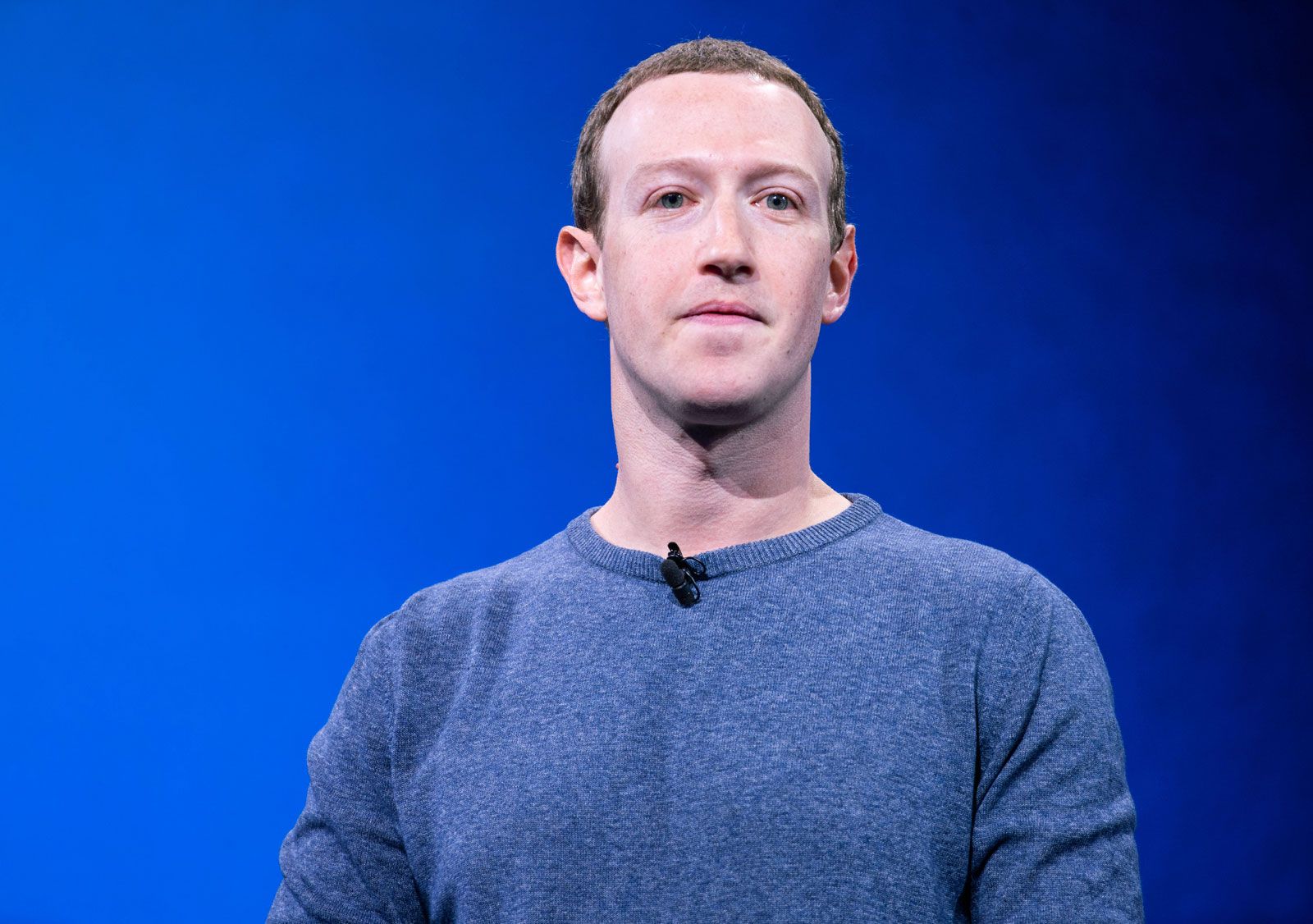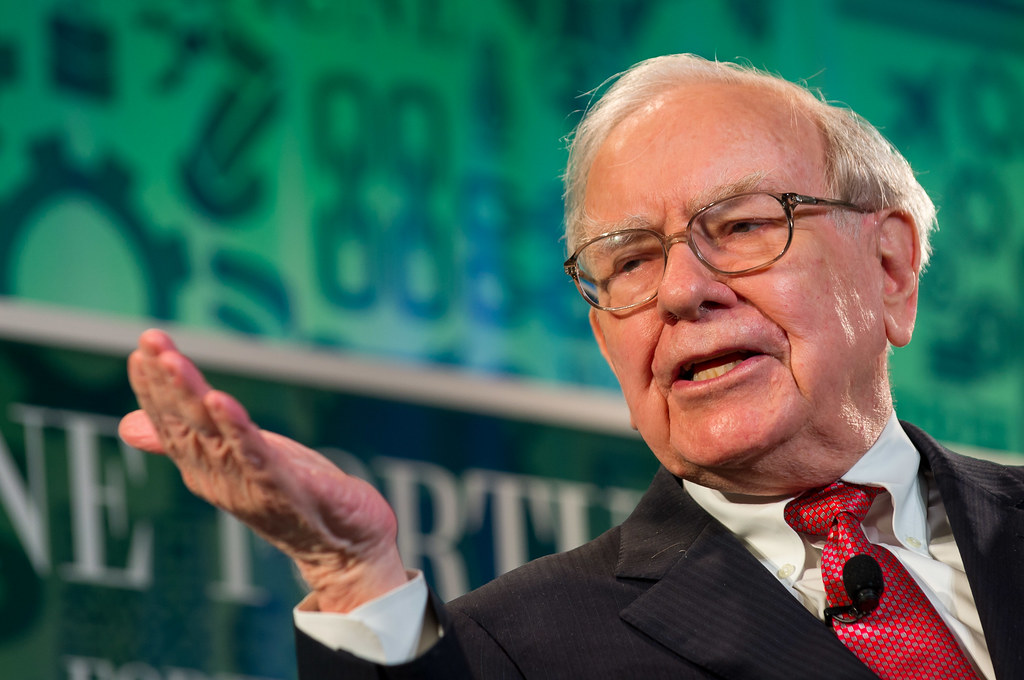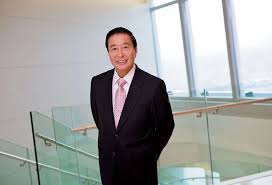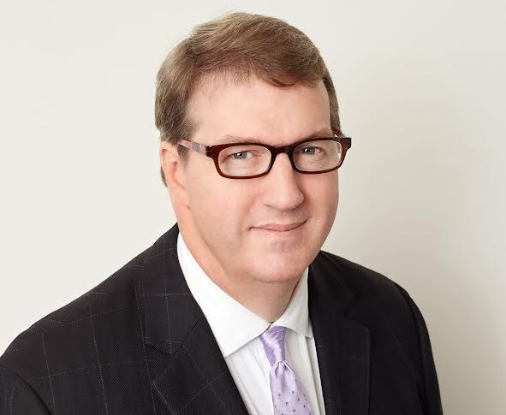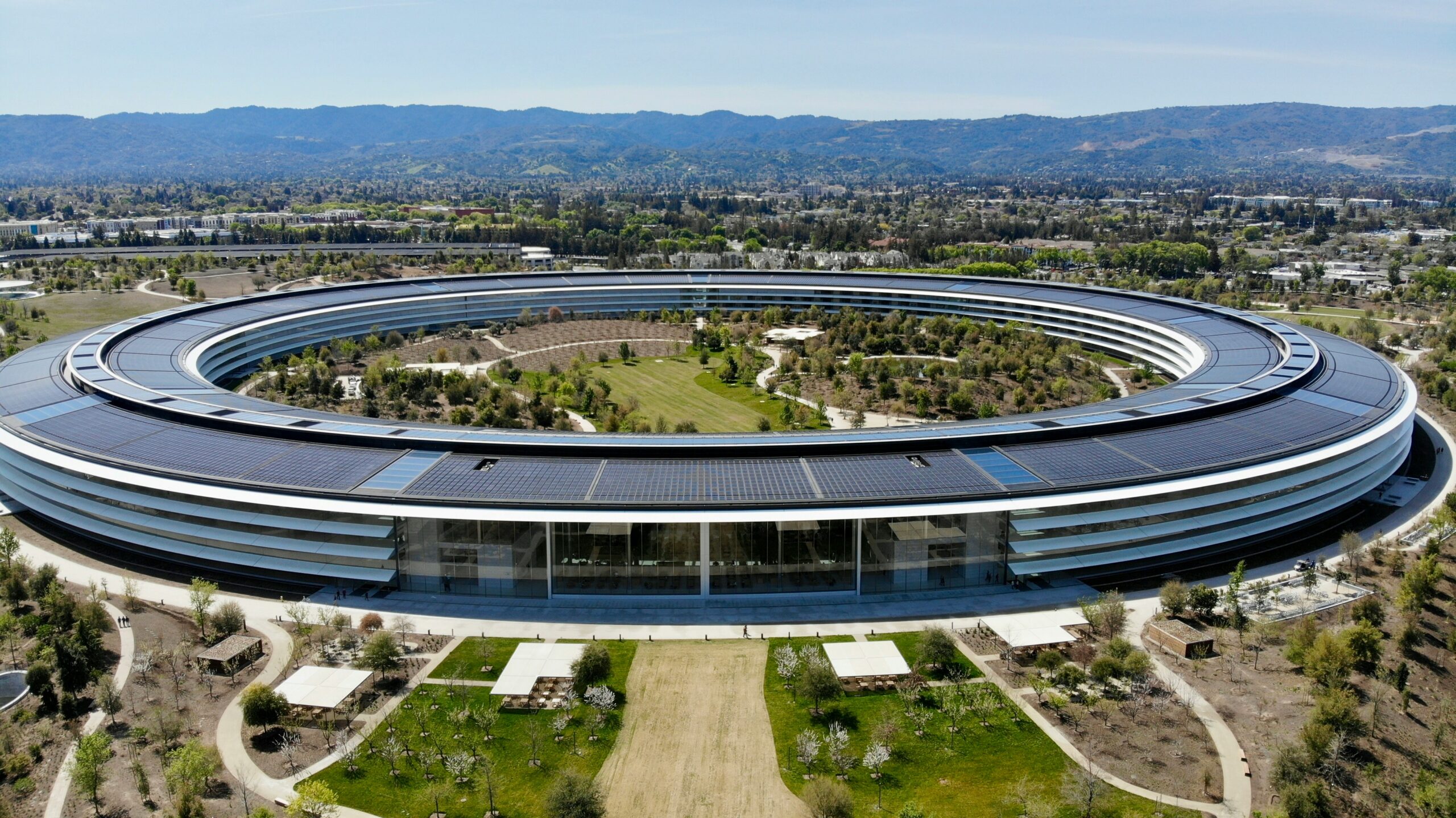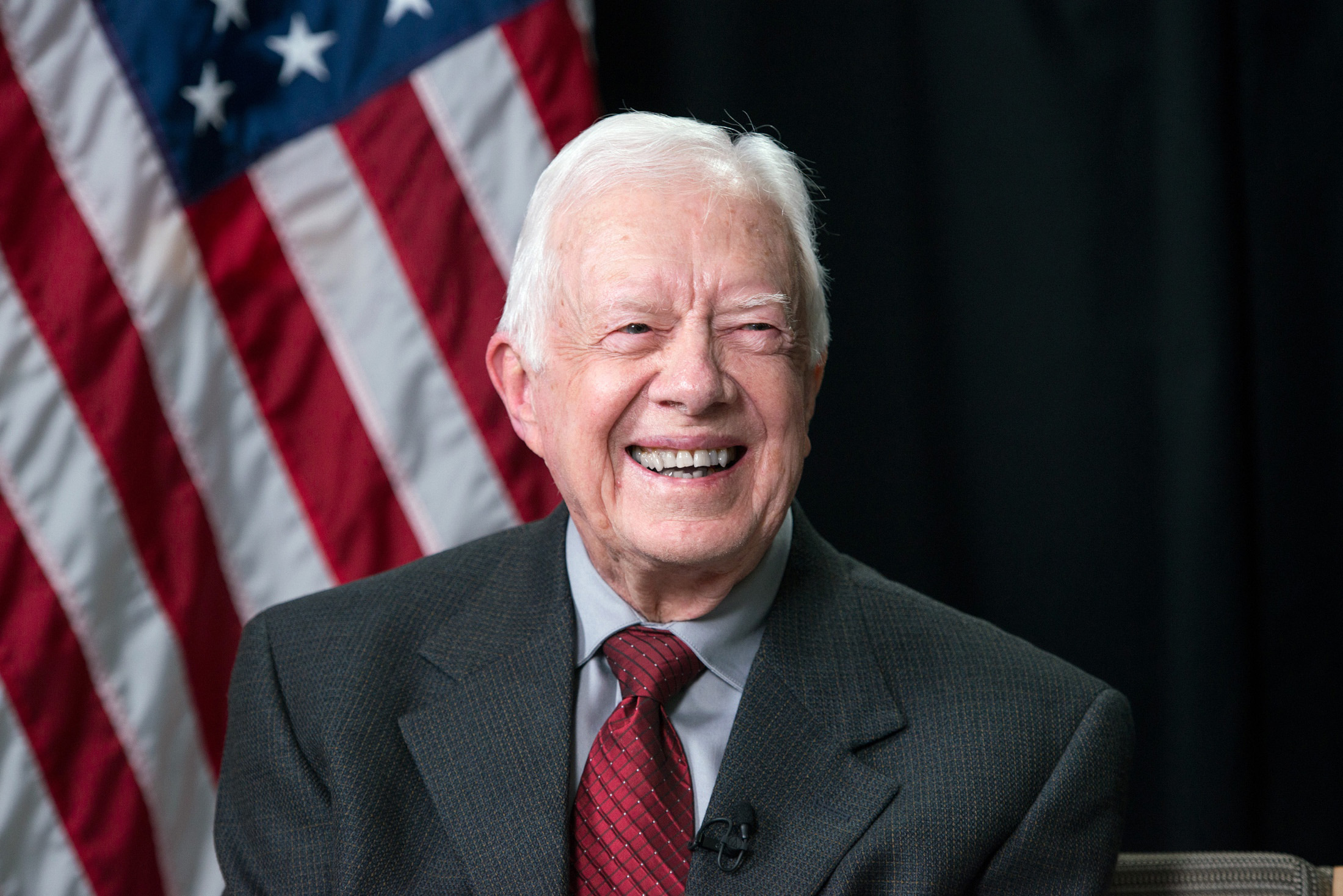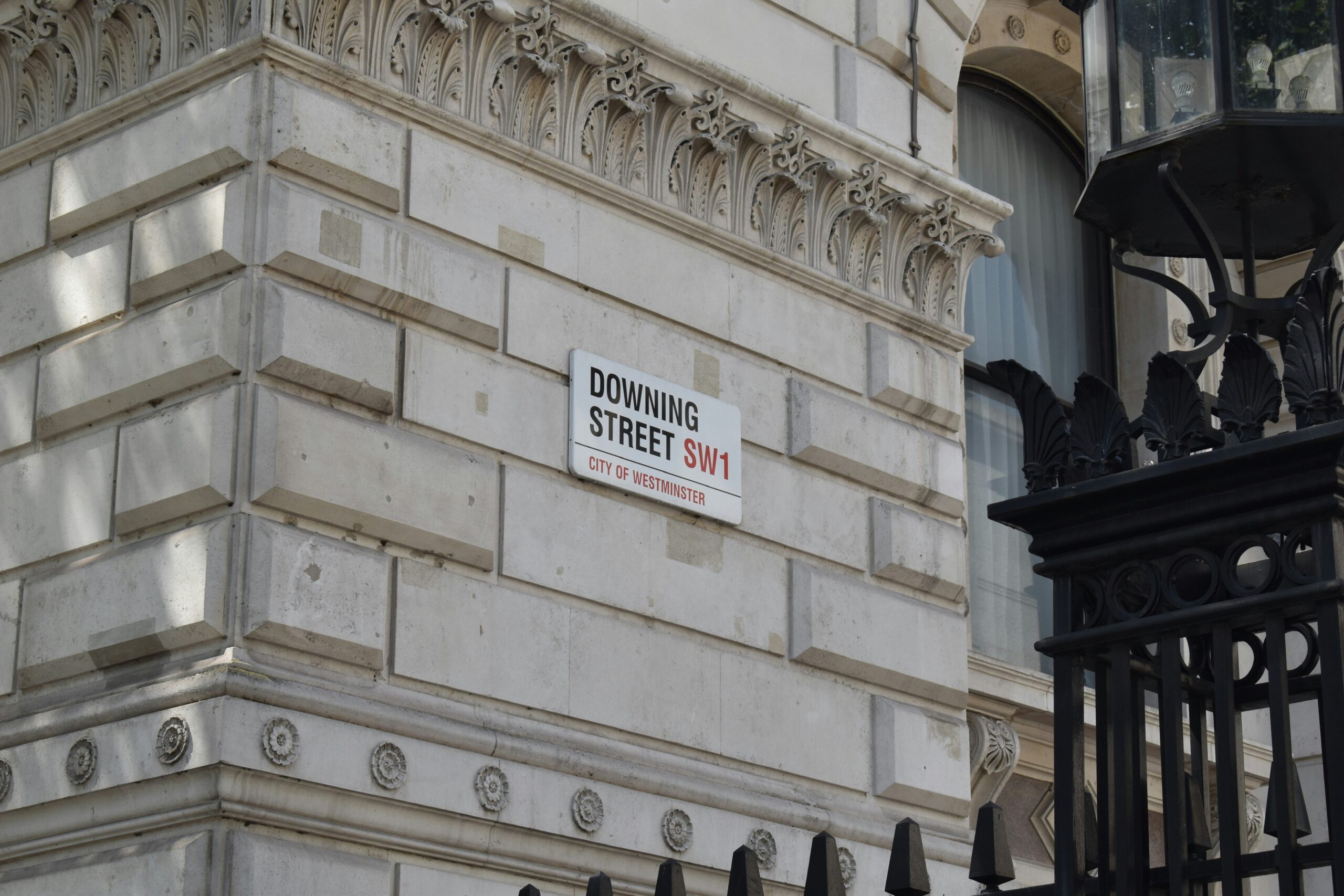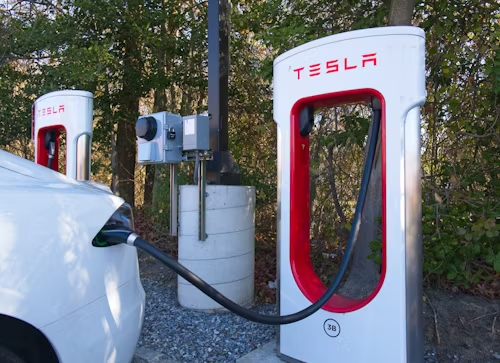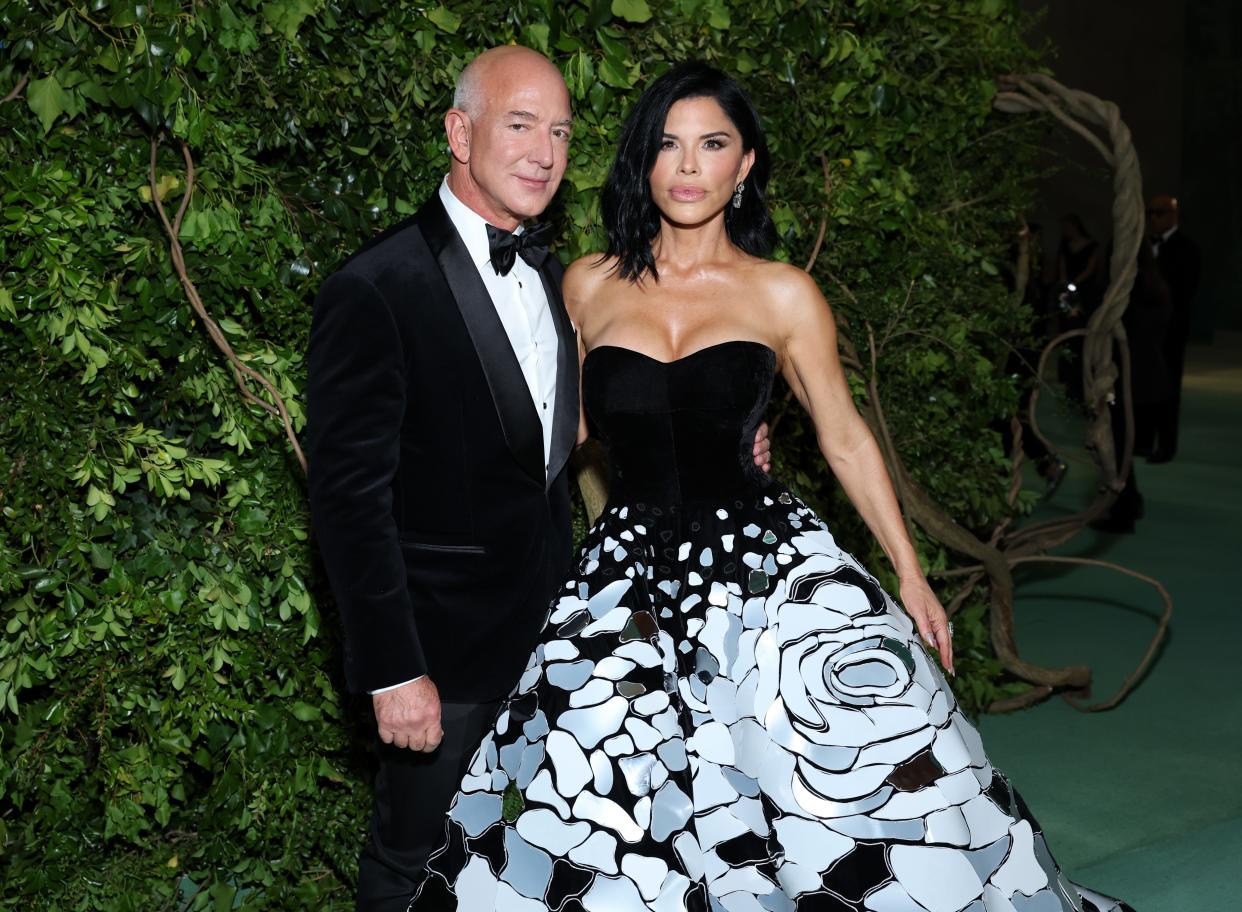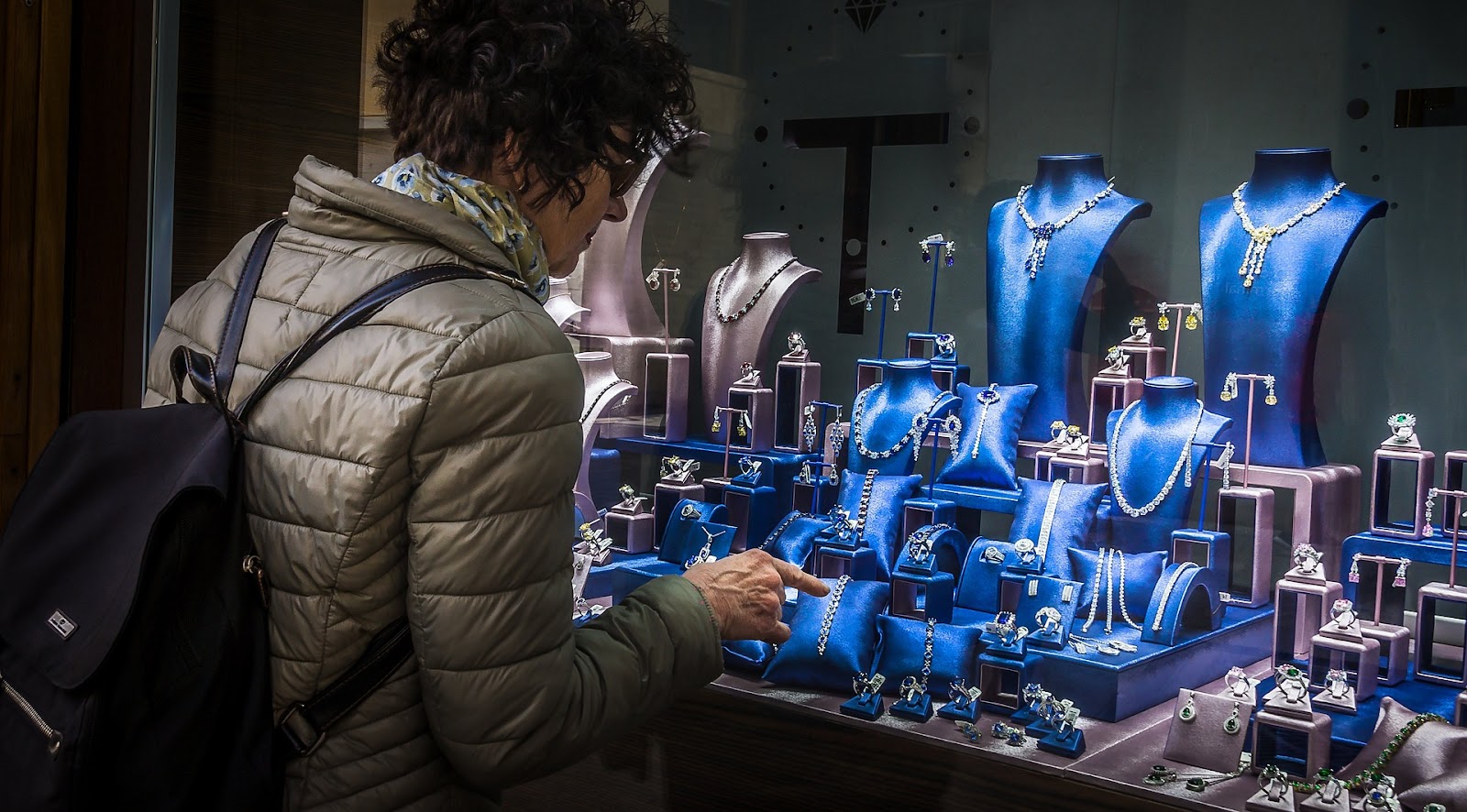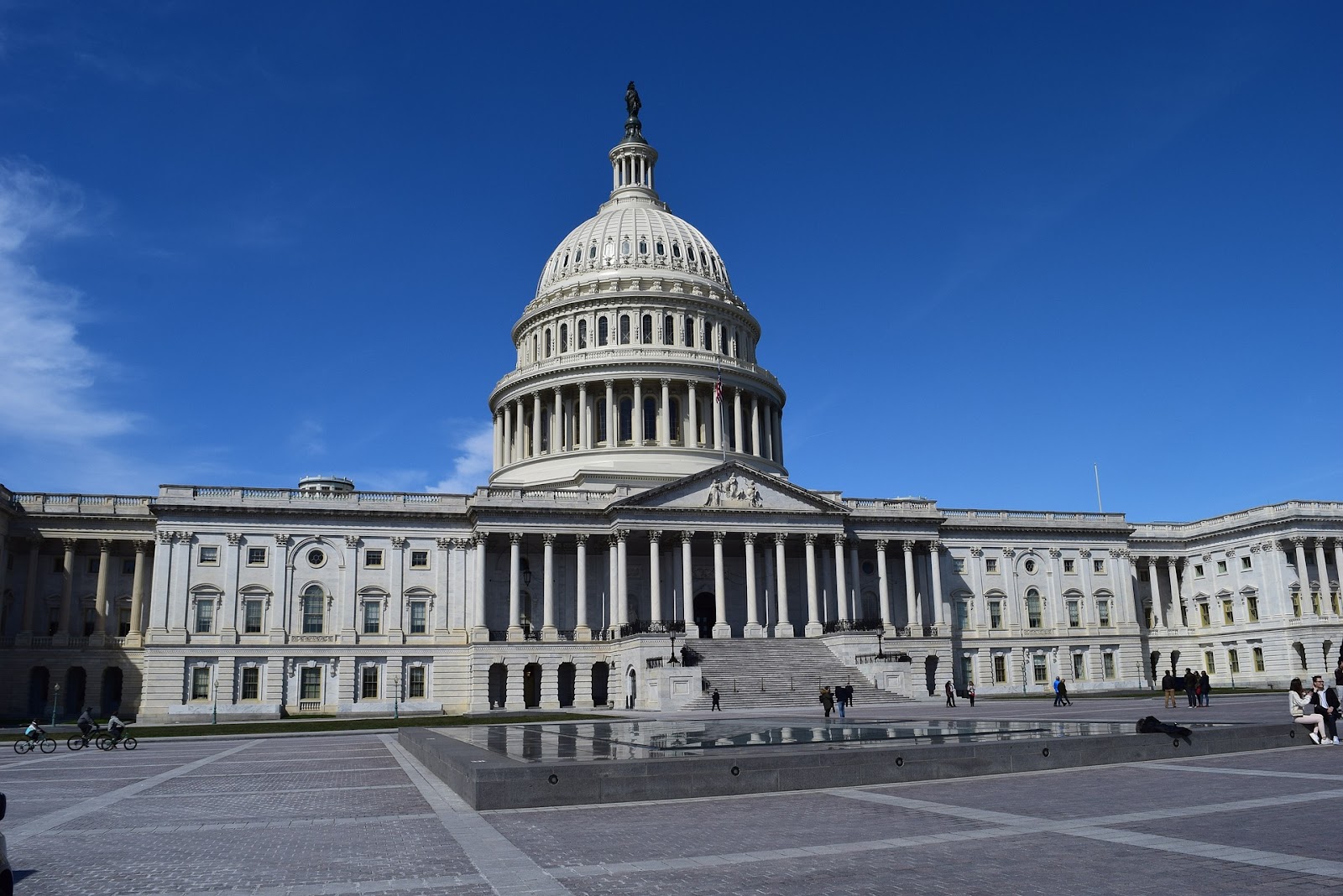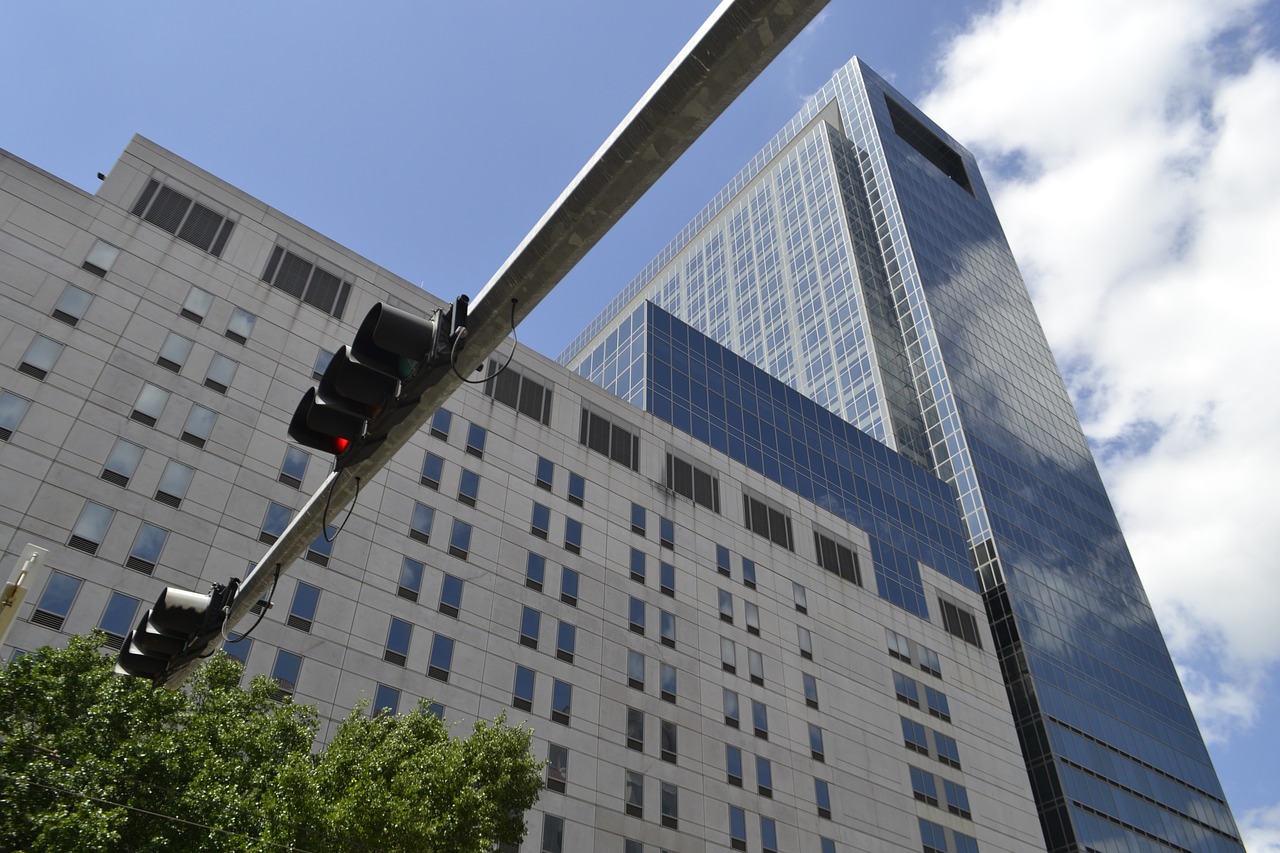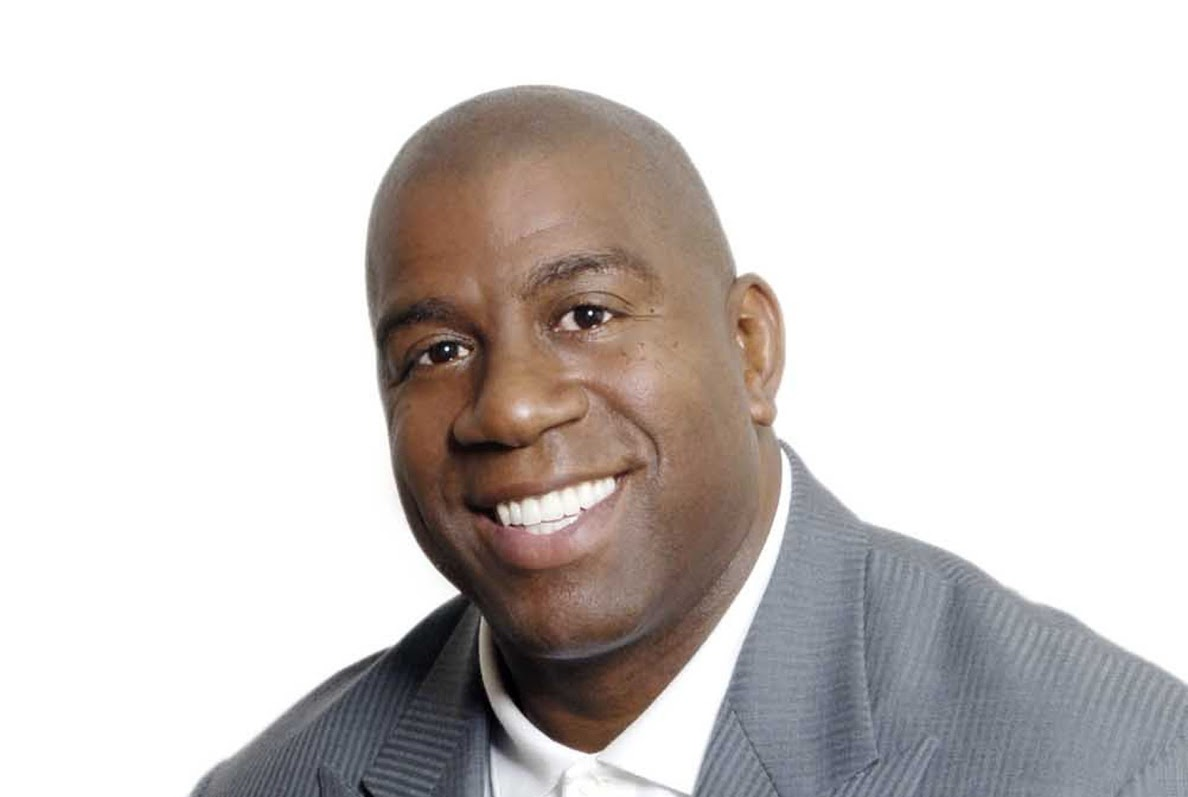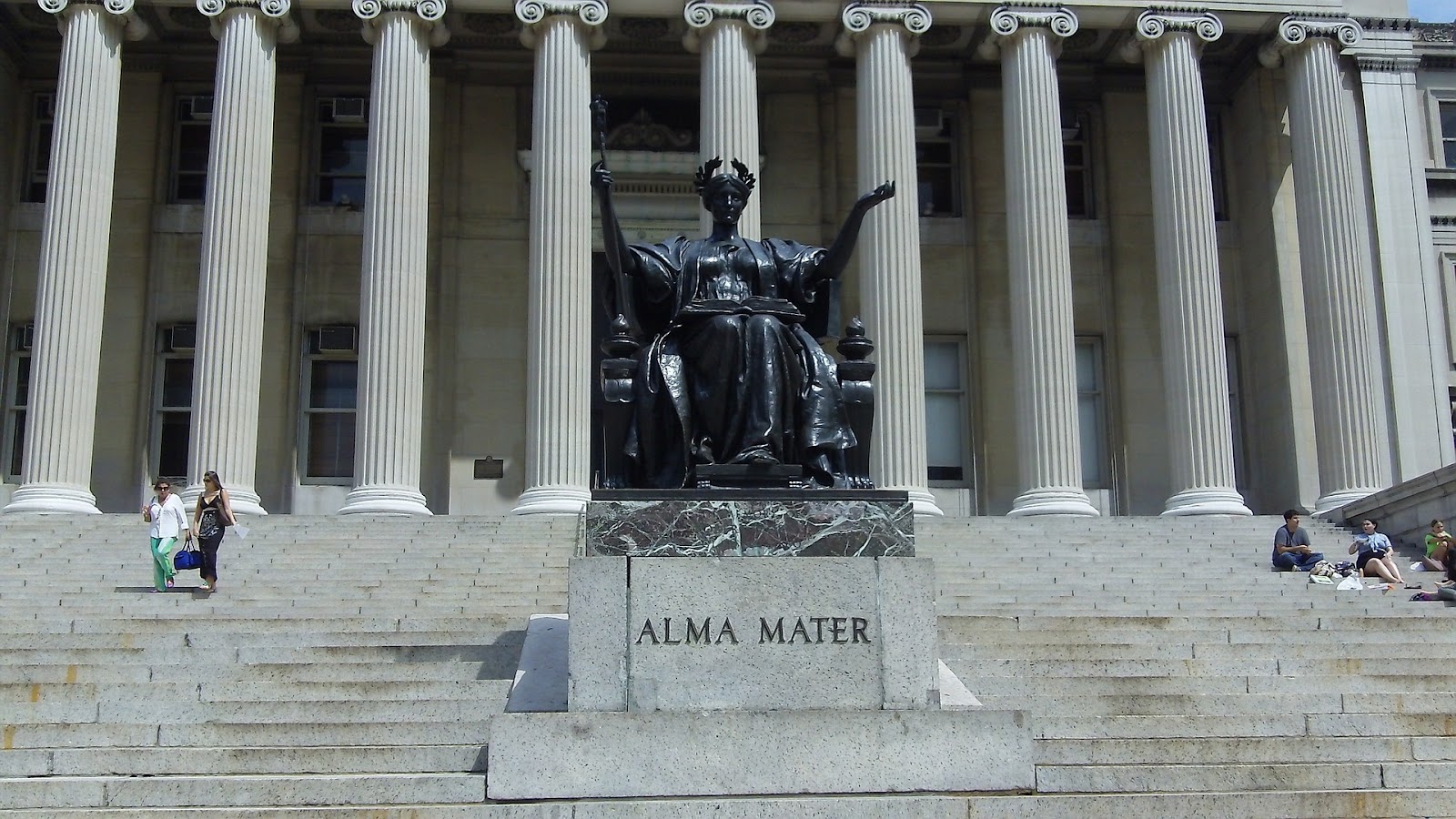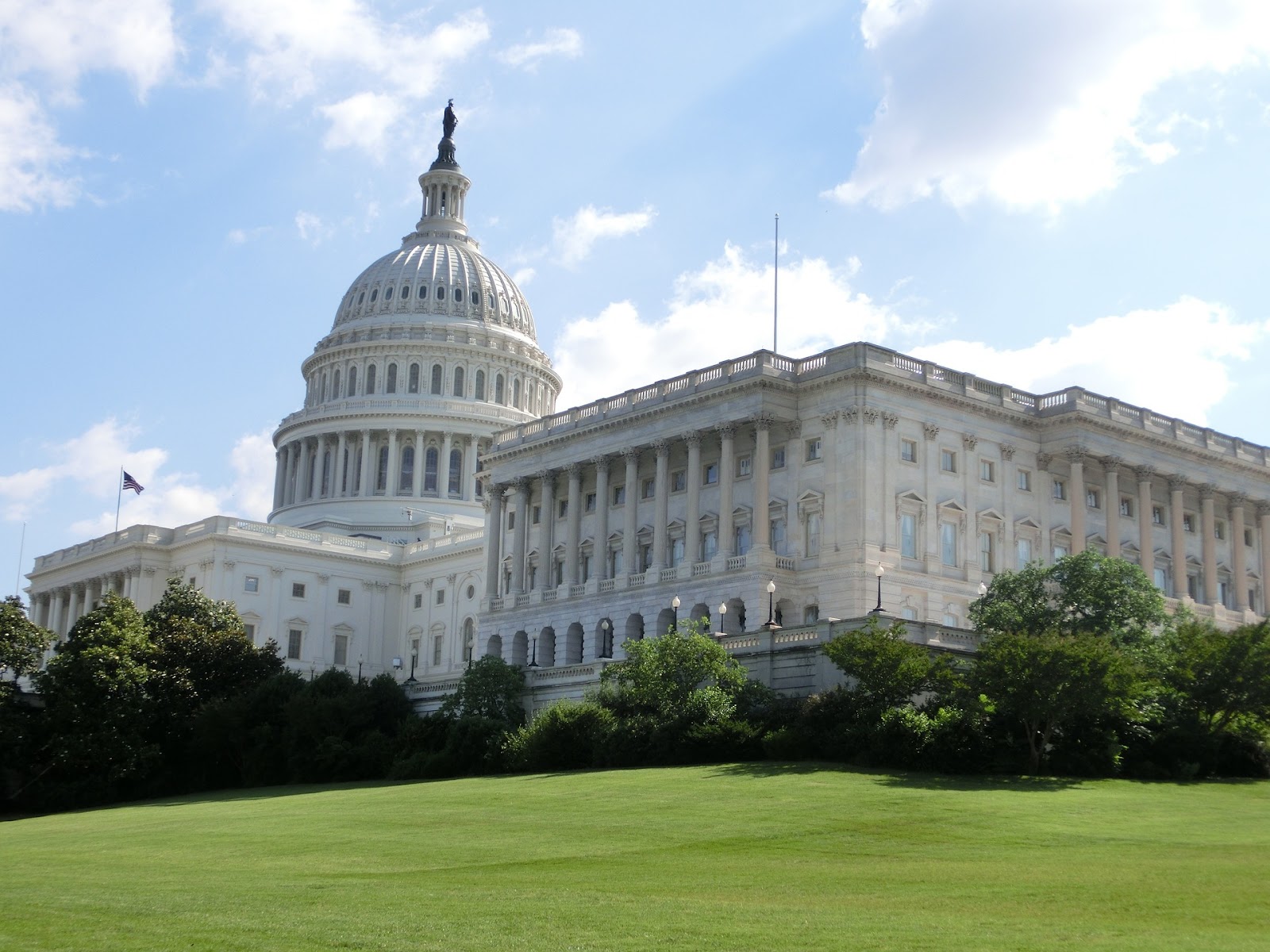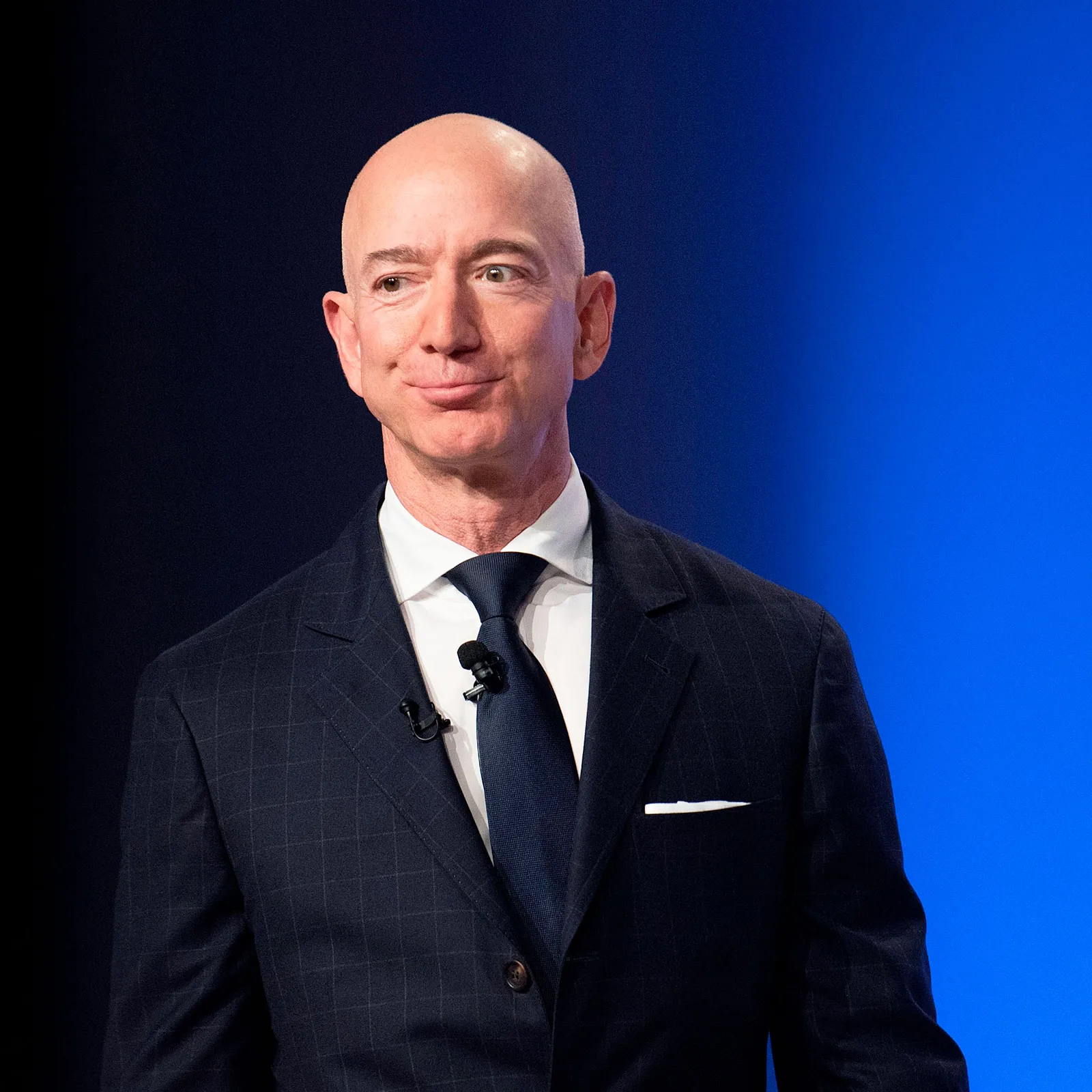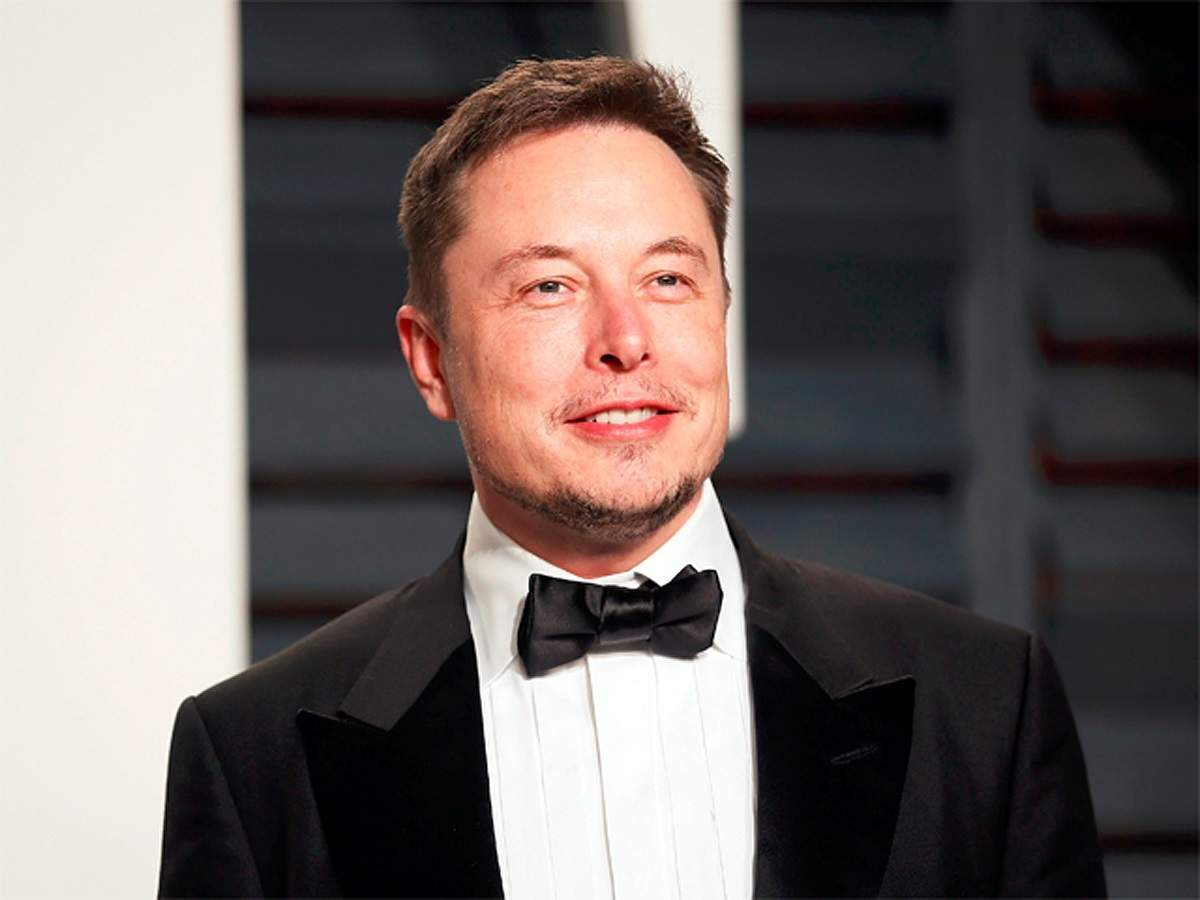A significant event for the world’s elite, the Future Investment Initiative conference (FII) in Miami aims to utilize Saudi Arabia’s vast resources and have a beneficial influence. The occasion, a riff on Saudi Arabia’s yearly “Davos in the desert,” aims to compete with well-known gatherings like the World Economic Forum in Davos.
Over the course of three days, Billionaires, CEOs, and celebrities gathered at The Faena, a posh South Beach hotel. Attendees mixed with Saudi Arabia’s economic elite, celebrities like Rob Lowe and Gwyneth Paltrow, and Wall Street giants overseeing trillions of dollars in assets. Prominent figures with close links to Saudi Arabia, such as Steve Mnuchin and Jared Kushner, were also in attendance.
Under Crown Prince Mohammed bin Salman, the kingdom aims to establish itself as a worldwide power broker. The conference demonstrates this wish, as the Saudi government arranged the event. Even without the Crown Prince, the occasion showed Saudi Arabia’s self-assurance and economic might.
Attendees paid up to $15,000 for tickets that allowed them access to Saudi Arabia’s Public Investment Fund (PIF), the country’s sovereign investment fund, and possible investment possibilities. With its enormous financial resources, the PIF offers profitable opportunities to companies seeking funding.
During the conference, Yasir al-Rumayyan, the Saudi Aramco chair, revealed intentions to enhance the already significant investments made since 2017 with an additional $70 billion to the U.S. economy beginning in 2025. This declaration highlighted the extent of Saudi Arabia’s financial clout and its strategic economic goals.
The FII is becoming increasingly more important, yet it does not receive the same media coverage as other international conferences like Davos. However, it provides Saudi Arabia with an additional means of boosting its global stature and drawing in influential individuals from many fields.
Talks of urgent problems like Israel’s war in Gaza and rising Gulf tensions were conspicuously omitted from the conference program. Furthermore, the lack of discussion of Saudi Arabia’s human rights record exposed a possible blind spot in the discourse surrounding the tragedy.
In addition, the conference promoted information exchange and networking among participants, encouraging partnerships and collaborations that exist beyond the event. Participants were able to share ideas, look into possible joint ventures, and create relationships that could lead to future business undertakings through casual conversations and side meetings. This feature of the FII highlights its function as a center for innovation and cooperation in the global business environment, in addition to serving as a platform for investments.
The fact that Richard Attias, co-founder of the Clinton Global Initiative, organized the conference highlights Saudi Arabia’s endeavors to unite powerful individuals and cultivate strategic alliances. Attias highlighted the transformational character of recent changes and voiced confidence about the possibility of a US-Saudi partnership.
The Future Investment Initiative conference in Miami provides a forum for the world’s most influential people to discuss investment prospects and Saudi Arabia’s rapidly expanding economic goals. The conference’s absence of discussion on significant geopolitical and human rights problems raises concerns about its wider influence and compliance with international ethical norms despite its exclusivity and emphasis on financial topics. Events like the FII offer insights into Saudi Arabia’s changing strategy and objectives in the global economy as it continues to establish itself as a prominent participant in the global arena.







